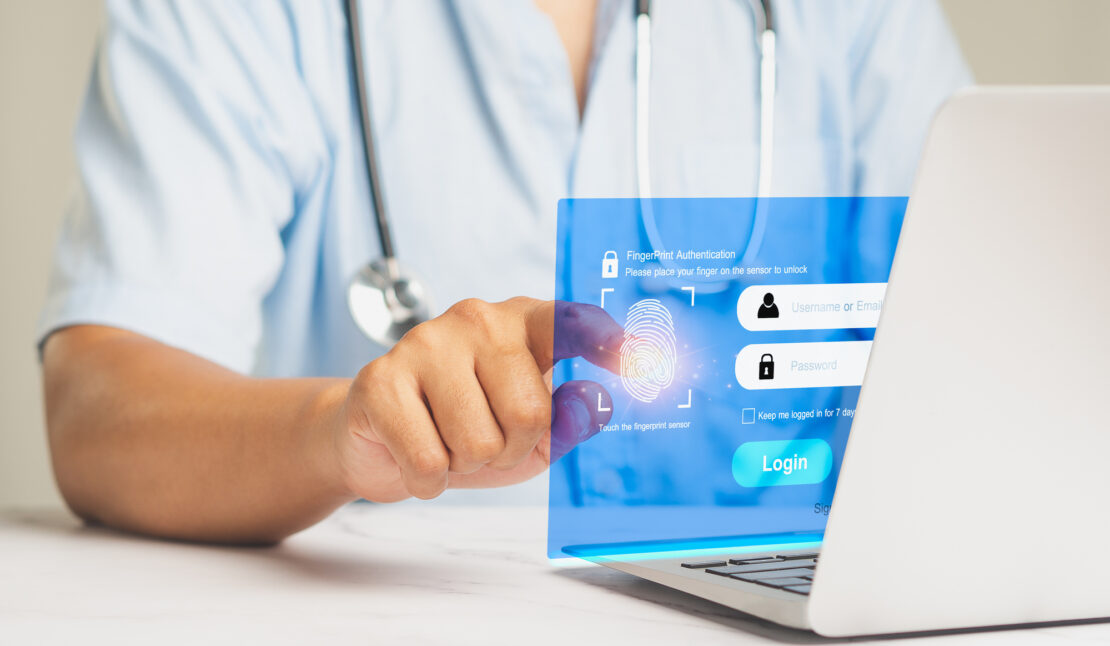
A better way to secure data: Introducing Federated SSO to benefit Hospital IT
Implementing Federated Single Sign-On (SSO) simplifies authentication for MDIP users. This streamlined experience helps reduce login fatigue.
Patient data is one of the most valuable assets in health care, but it is an asset not always available to clinicians. Bedside devices offer just a snapshot of data and the effort it takes to monitor and analyze data from a series of standalone devices leads to desensitization, alarm fatigue and information gaps. Gaps in data can lead to gaps in care and result in a reactive approach based on trial and error. Tools developed using AI have given us the ability to make highly-informed clinical decisions, but they’re only as good as the inputs they receive.
Health systems are looking to improve quality and lower costs through more precise and proactive care. These models rely on a steady stream of high-fidelity data, integrated and disseminated in a way that enables critical insights.
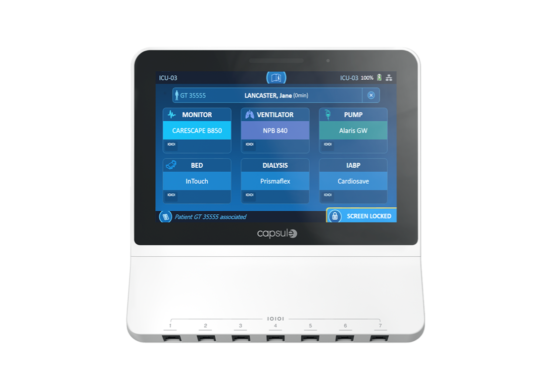
Designed for ORs and high-acuity care areas, Vitals Stream provides continuous near-real time vitals data and connectivity status at a glance. Users can easily see which devices are connected and associate all captured data with the right patient ID.
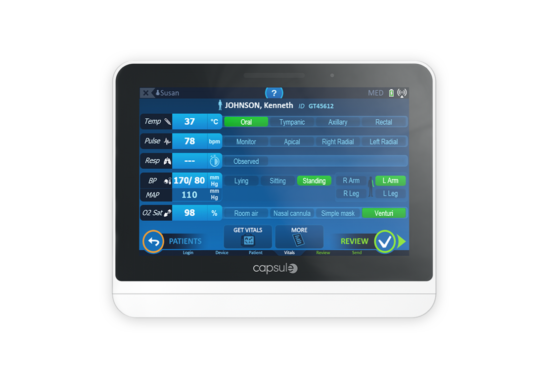
Chart Xpress enables accurate and rapid delivery of validated information into the EMR. Upgrading from Chart Xpress to Vitals Plus extends your connectivity investment and helps maintain consistency in workflow and documentation.
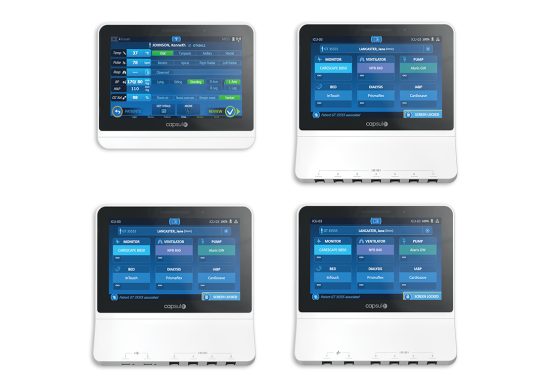
A mobile clinical computer features built-in connectivity ports and the ability to manage data and connectivity status from multiple devices on a single display.
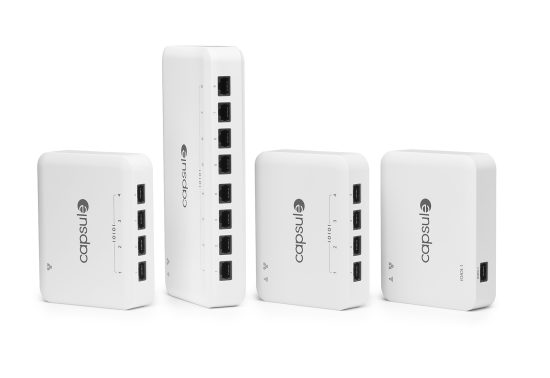
A single-, four- or eight-port serial to network bridge providing robust connectivity to the EMR in crowded care areas like the ICU.

Implementing Federated Single Sign-On (SSO) simplifies authentication for MDIP users. This streamlined experience helps reduce login fatigue.

EDM-enabled data is easier to use across a health system’s ecosystem, whether data is feeding into an EMR, central station, clinical decision support system, or an analytics platform.